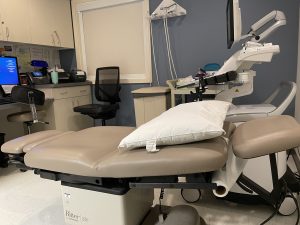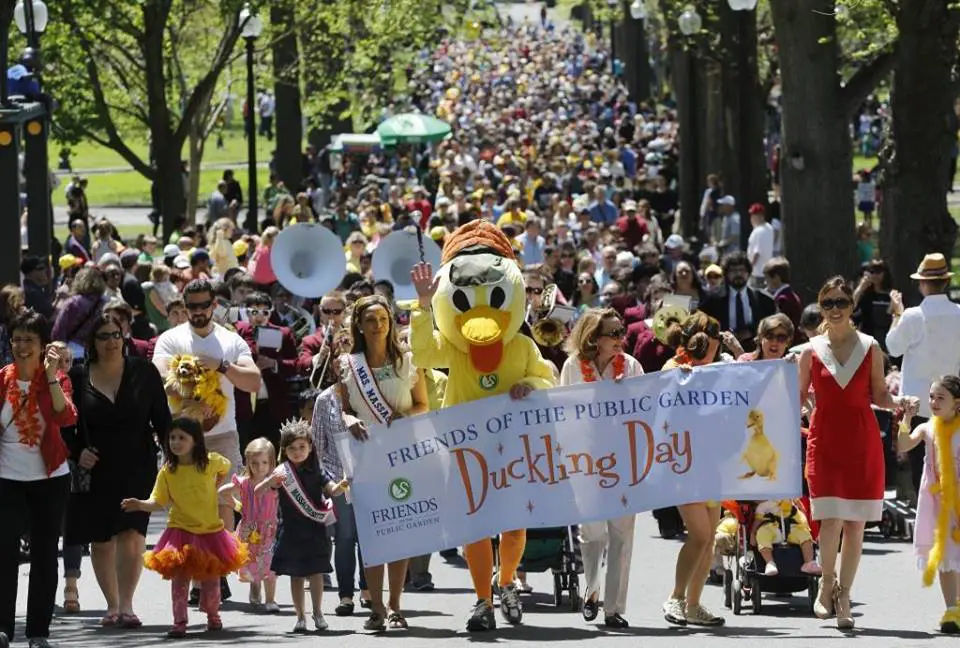It’s been exactly one year since I miscarried our very last baby. When it was happening, I felt entirely alone. My mom had died just two months prior, so there was a giant hole in my world already. I had several women in my life who I knew had lost a baby, but I felt that their grief was too fresh for me to ask them to help me understand the details.
It happened quickly, and there was no time to order a book from Amazon. It happened during the COVID-19 pandemic, and the counseling I received from my doctor was unbelievably limited. Instead, my husband and I took to the internet to research every symptom, every gruesome detail, and everything about what to expect when you’re no longer expecting.
I’m here to share my experience as an internet friend, a community leader, and a woman. I hope it will be helpful for someone navigating a similar experience. If you need more support, please feel free to reach out to me personally. I am happy to be an ear for you. If you’d like to list your baby on our Forever Remembered Board, we’d be honored to remember them there.
What I Wish They Told Me :: Miscarriage Advice from a Real Mom
If you begin to bleed, it might not be anything serious. There are reasons for bleeding that do not result in loss. Keep the faith until a doctor confirms otherwise.
When you have an ultrasound and the sonographer knows they are specifically looking for signs of miscarriage, you won’t be able to look at the ultrasound screen during the exam. You’ll have to lay there in silence. The sonographer won’t look you in the eye, and they’ll tell you the doctor will read the report and let you know the findings.
 When your doctor tells you you’re miscarrying, they’ll probably tell you to watch for signs of excessive blood loss. They’ll tell you that if you fill a pad in an hour, you need to seek medical attention. You won’t be able to grasp just how much blood that is. You’ll want to buy pads like this.
When your doctor tells you you’re miscarrying, they’ll probably tell you to watch for signs of excessive blood loss. They’ll tell you that if you fill a pad in an hour, you need to seek medical attention. You won’t be able to grasp just how much blood that is. You’ll want to buy pads like this.
When you miscarry at home and without the aid of a D&C, it will take several days. You’ll think the heavy bleeding on day two must be “it,” but it will continue. You might bleed for weeks.
If you’ve experienced postpartum bleeding from previous births, you’ll recognize the smell. To be frank, miscarriage blood and tissue don’t smell the same as a period. It smells like postpartum bleeding and brings with it its own type of sadness.
Drink a ton of water and Gatorade. Make sure you eat whatever you can stomach. The blood loss alone makes you feel like you’ve run a marathon through the desert. I had trouble standing up and scared my entire family when I passed out on the living room floor. When I called to tell my doctor, they assured me this blood loss was normal.
If you’ve had a baby before, you’ll recognize the contractions. They are the same, albeit less intense. You’ll feel pressure *down there* and sometimes the urge to push.
Nobody tells you what to do with the tissue you pass. Do you flush it? Throw it away? I found out the hard way that the products of your miscarriage can pass whole and resemble a very tiny baby. My body pushed out a tiny 9 week baby just as it had pushed out my three earthside babies. I knew what was happening, and I knew the minute it was over. I held it and prayed silently over the little person I lost.
You’ll likely need follow-up bloodwork or ultrasounds (or both) to confirm that all “products of conception” have been passed. When you walk into your OBGYN’s office, you’ll feel like screaming. You’ll wish there was somewhere that moms who have lost pregnancies could go for follow-up without seeing the happy round bellies of the lucky ones.
If you’re lucky, someone will call your situation what it is: traumatic. You’ll be told that it’s common to feel depressed and to have some level of PTSD from your experience.
Your partner will grieve, too. They’ll feel helpless as they watch you walk through the physicality of miscarriage.
You’ll have a new appreciation for all the women who came before you. Every friend, co-worker, celebrity, or community member who has openly shared her miscarriage story will hold a new place in your heart.
If you’re open about your own experience, you’ll find women around you are more willing to share their stories, too. You might receive messages from bereaved fathers, too. You might find a new sisterhood of loss moms who intimately understand your grief.
You will be OK. A year later, I still think about the little person who should have been. I wonder who they’d be and I wonder how another baby would have changed me. For me, miscarriage was incredibly traumatic and cracked my heart wide open. But it also connected me with a group of women who have been through this (and more) and made me a more empathetic and understanding woman.
If you or a friend are navigating miscarriage, here are a few products that helped me and some that may make a great gift if you’re looking to bless a mom while she navigates her loss.
 1 | 2 | 3 | 4 | 5 | 6 | 7 | 8 | 9
1 | 2 | 3 | 4 | 5 | 6 | 7 | 8 | 9
I’m proud to feature TEARS Massachusetts in this nonprofit spotlight, which is near and dear to my heart. Check it out.













